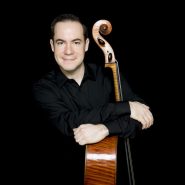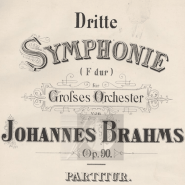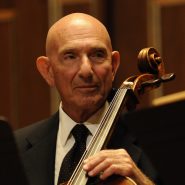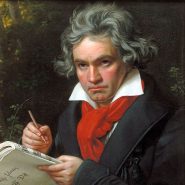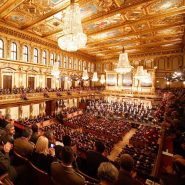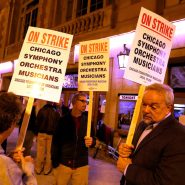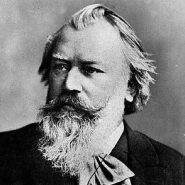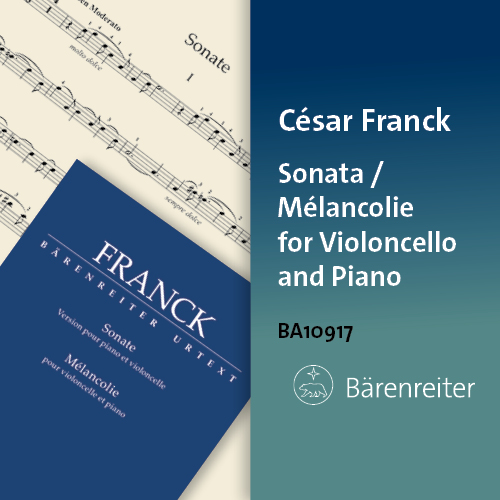Category: Orchestra
By Brant Taylor March 4, 2015
Subjects Auditions, Orchestra, Repertoire
By Blogmaster August 27, 2014
By Martha Baldwin January 27, 2013
Subjects Orchestra
Tags Baldwin, cello, cellobello, challenges, chamber music, choices, Cleveland Institute of Music, Cleveland Orchestra, colleagues, concert halls, concerts, direction, establish a career, family time, focus, happiness, inspiration, lifestyle, Martha, mom-friendly schedule, money, musical talents, orchestra, orchestral jobs, personal ideas, predictability, rehearsals, routine, short attention span, social outlets, soloist, stability, status, Teaching, Touring, Travel, variety, working full time
By Jonathan Pegis January 9, 2013
Subjects Orchestra, Repertoire
Tags audition excerpt, Auditions, Beethoven, Beethoven Symphonies, Beethoven's 5th Symphony, bow control, bowings, breathing, cello, cello excerpt, cellobello, control, effortless, experiment, experimentation, fingerings, intonation, Jonathan, Northwestern, pacing, Pegis, phrasing, slow breathing, string crossings, Symphony, tempo, variations, variations on a theme, vibrato
By Jonathan Pegis December 11, 2012
Subjects Orchestra, Repertoire
Tags attention to detail, Beethoven, Beethoven Symphonies, Beethoven's 5th Symphony, bow control, bow technique, cello, cello excerpt, cellobello, continuous vibrato, details, dynamics, Excerpts, intonation, Jonathan, legato, melody, musicality, Pegis, phrasing, practice tips, Preparation, Rhythm, shifting, singing, Sound, sound production, technical challenges, tempo, vibrato
By Aron Zelkowicz November 9, 2012
Tags acoustics, Aron, audience, cello, cellobello, challenges, Dvorak, endpin, gestures, illness, live performances, musicians, orchestras, perspective, stage, struggle, themes, tour, Zelkowicz
By Jonathan Pegis October 19, 2012
Subjects Orchestra, Repertoire
Tags accents, Audition, Beethoven, blog, bow changes, bow speed, cello, cellobello, coaching, confidence, control, dynamics, education, Excerpts, inflection, legato, markings, mistakes, nerves, orchestra, orchestral excerpts, phrasing, practicing, Preparation, pressure, recording, release, Rhythm, singing, sustain, Symphony, teacher, Teaching, technical challenges, variations, vibrato
By Jonathan Pegis September 29, 2012
Subjects Artistic Vision, Orchestra
Tags
By Brant Taylor September 27, 2012
Subjects Artistic Vision, Orchestra
By Brant Taylor May 2, 2012
Tags artistry, Auditions, Brahms, Brant, cello, cellobello, color, control, dynamics, Excerpts, exploration, fingerings, goals, inflection, legato, nuance, shifting, success, Taylor, tempo, understanding
By Mickey Katz April 26, 2012
Subjects Artistic Vision, Orchestra
By Mickey Katz December 9, 2011
Subjects Orchestra
Tags artistry, audience, bow technique, BSO, cello, cellobello, concerts, ensemble, Katz, Mickey, music, orchestra, orchestral musicians, Symphony Hall, Technique, vibrato
By Brant Taylor November 16, 2011
By Brant Taylor October 16, 2011
